At Cube For Teachers, we believe in the magic of play and its ability to enhance academic skills. In this blog post, we're excited to unveil a collection of 10 classic board games that not only bring joy to the classroom but also hold immense academic relevance. From sharpening critical thinking with chess to boosting language skills with Scrabble, these games are more than just entertainment – they're tools for academic enrichment.
Cube For Teachers may collect a share of the sales from the links on this page. At Cube, we only recommend items our community loves!
Chutes and Ladders:
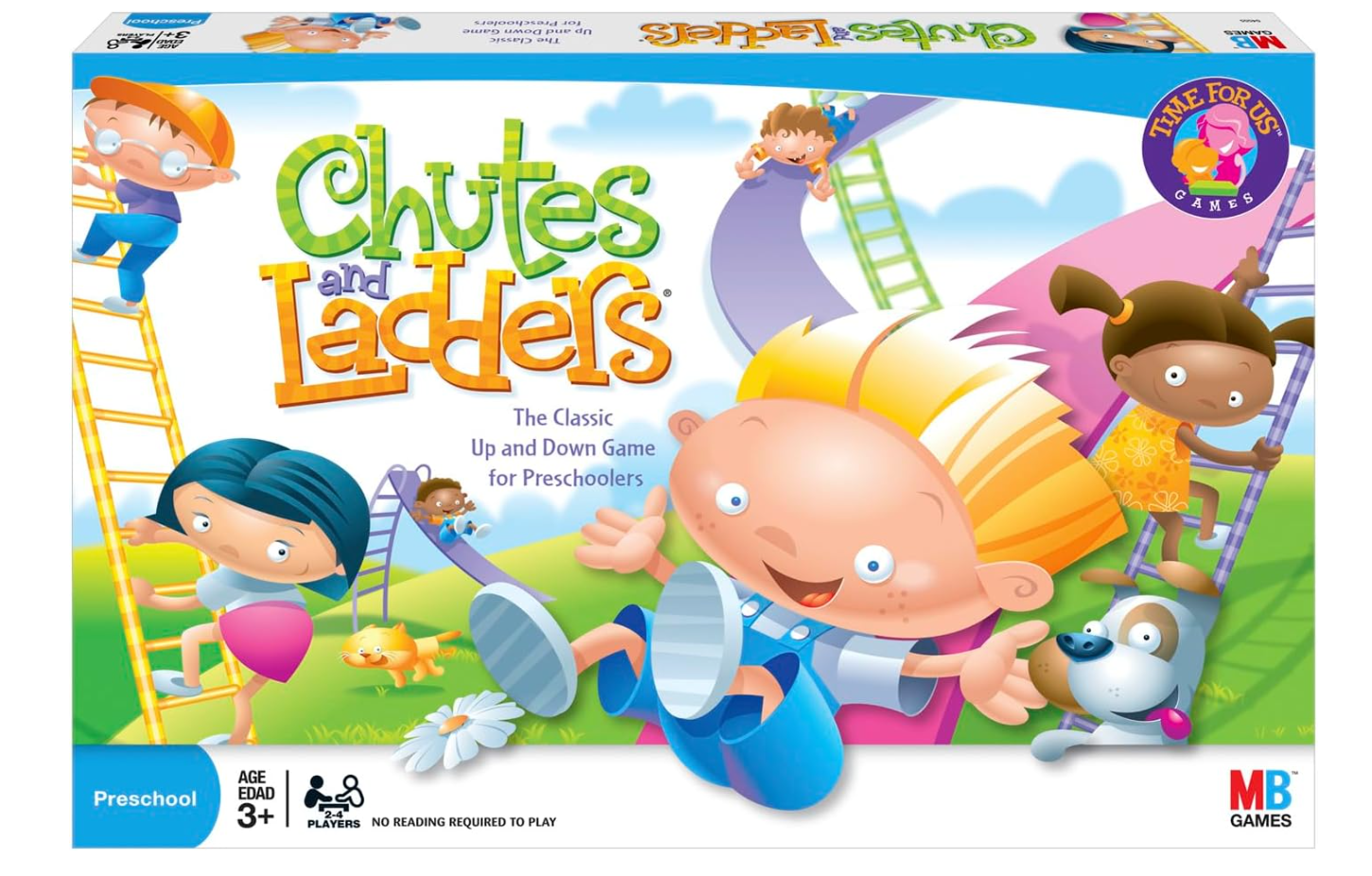
Academic Relevance: Mathematics Mastery and Social Skills
Chutes and Ladders seamlessly integrates mathematics practice with social skills development. The unpredictable dice rolls introduce an element of chance, fostering strategic thinking and enhancing numerical comprehension.
Also, use your own review material to design cards - making it applicable to all subject areas. As well, due to the degree of chance, placement on the board does not always identify the stronger students being at the top of the board - fostering dignity, challenges and a bit of luck with each roll.
Guess Who? Board Game:

Academic Relevance: Deductive Reasoning and Communication
Guess Who can be a valuable classroom resource for promoting critical thinking and deductive reasoning. Students engage in strategic questioning to narrow down possibilities and identify the mystery person, fostering cognitive skills. Teachers can integrate Guess Who into the curriculum by customizing the game with characters related to historical figures, literary characters, or scientific concepts. For instance, in a literature class, students could play Guess Who with characters from a novel they are studying, reinforcing character analysis and understanding. This adaptation makes the game a versatile and enjoyable tool for reinforcing educational concepts while encouraging active participation and social interaction.
Hedbanz Picture Guessing Board Game:
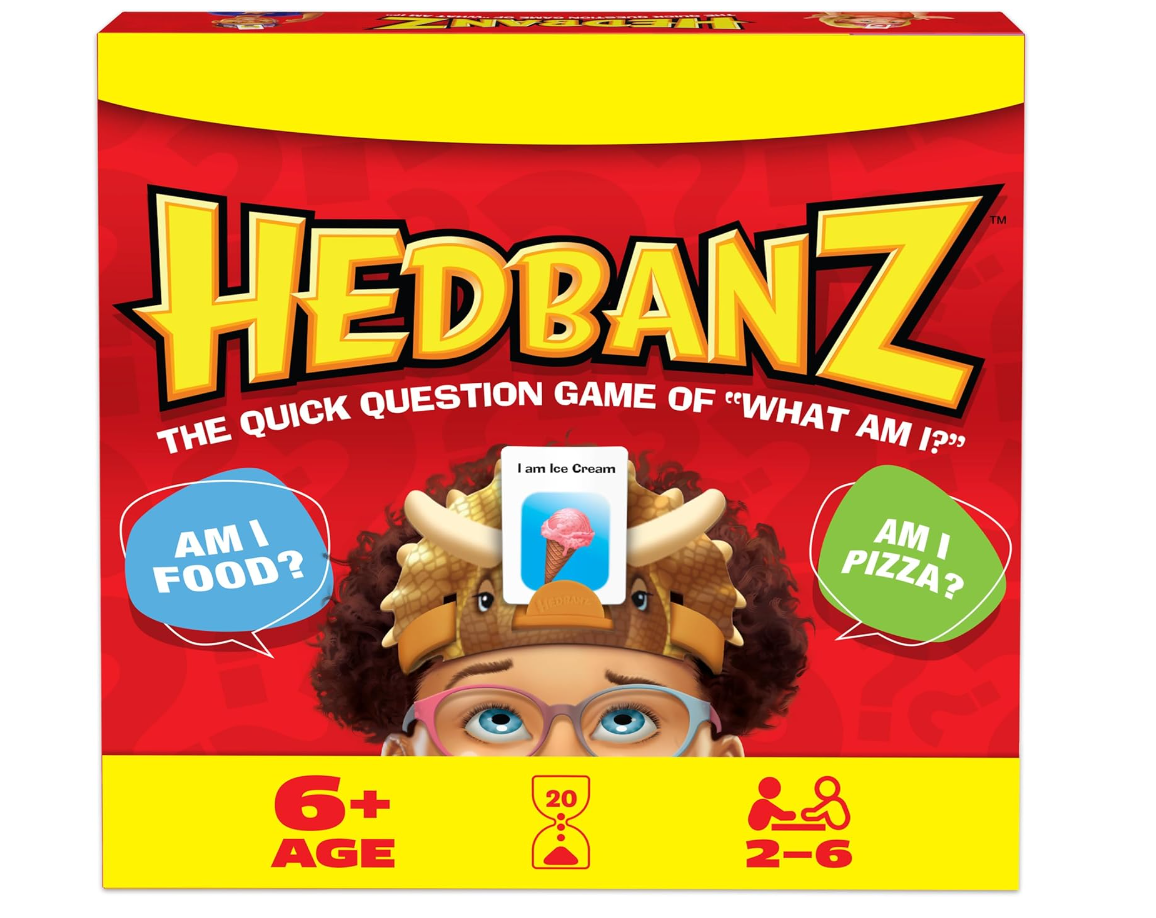
Academic Relevance: Deductive Reasoning and Creativity
HedBanz can be a valuable classroom tool, promoting vocabulary development as students use descriptive language to ask questions and identify the item on their headband. It enhances critical thinking and deductive reasoning as students strategically frame questions to narrow down possibilities and deduce the item. The game fosters active engagement, creating a dynamic and lively classroom environment. Teachers can tie HedBanz to the curriculum by creating custom headbands featuring vocabulary words or concepts relevant to the current lesson. For instance, in a history class, students could wear headbands depicting historical figures or events, encouraging discussion and reinforcing historical knowledge. Additionally, HedBanz encourages social interaction, teamwork, and can be used for quick, enjoyable breaks or as a review tool to reinforce knowledge.
Clue Junior Game:

Academic Relevance: Critical Thinking and Logic
The Clue Junior game can be a valuable educational tool in the classroom, fostering critical thinking, deductive reasoning, and teamwork among students. Teachers can incorporate the game into various subjects and activities to enhance learning experiences.
For example, in a language arts class, the game can be used to promote reading comprehension and vocabulary development. Students can analyze the game's narrative, discuss character motivations, and practice summarizing information. Additionally, the game encourages active engagement with the storyline, prompting discussions about plot elements, character traits, and cause-and-effect relationships.
In a math class, teachers can integrate Clue Junior to reinforce problem-solving skills. Students may need to use logical thinking to eliminate possibilities and narrow down choices, applying mathematical concepts in the process. The game's structure can also serve as a practical and enjoyable way to introduce or reinforce the idea of systematic elimination and probability.
Furthermore, Clue Junior can be utilized to enhance social skills and teamwork. Students work collaboratively to gather and analyze clues, fostering effective communication and cooperation. Teachers can encourage discussions among students, promoting a classroom environment where everyone's input is valued.
Overall, the Clue Junior game can be a versatile and engaging educational tool that not only makes learning enjoyable but also cultivates skills that extend beyond the classroom setting.
Hasbro Connect 4:
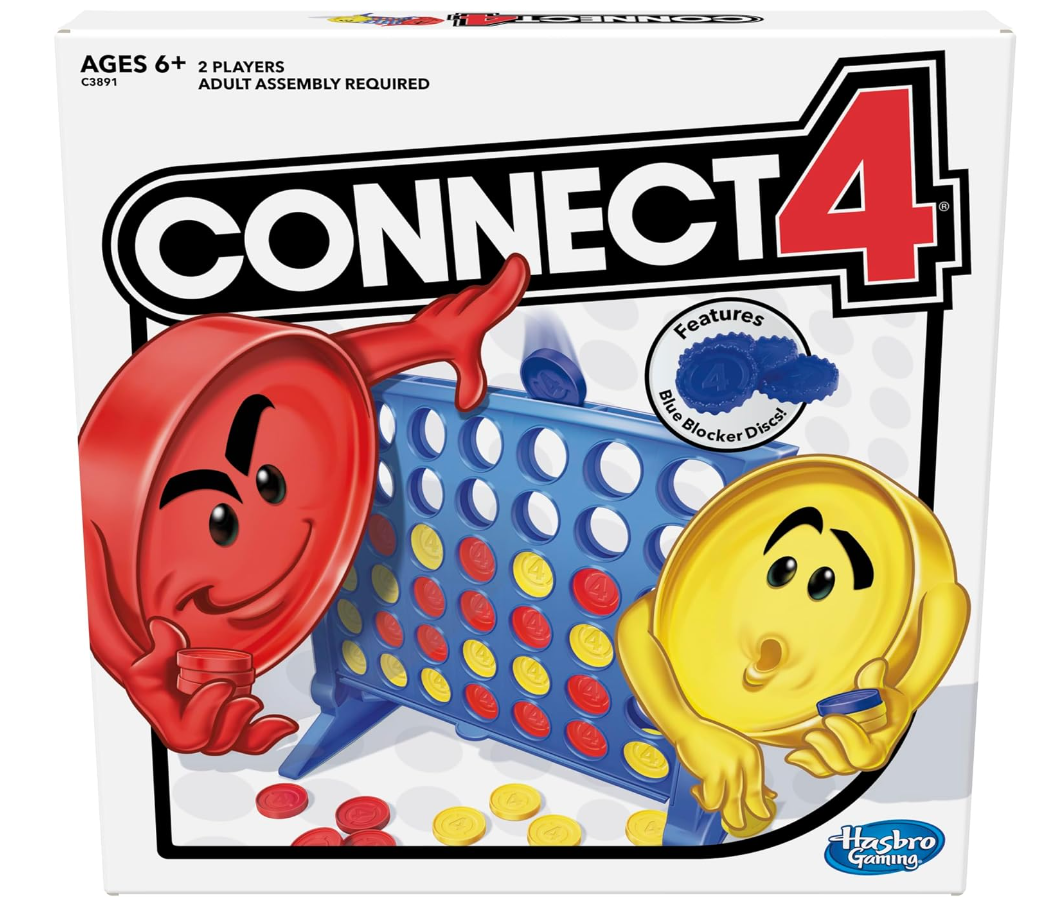
Academic Relevance: Strategic Thinking and Cooperation
Hasbro Connect 4 can be employed in the classroom to enhance critical thinking and strategic planning skills through its gameplay, encouraging students to anticipate moves and analyze potential outcomes. The game supports mathematical learning by reinforcing spatial awareness and counting skills as students navigate the grid and recognize patterns for victory. Connect 4 serves as a tool for fostering communication and social skills, emphasizing turn-taking and promoting discussions on sportsmanship. Teachers can use the game for team-building activities, organizing tournaments or team-based play to encourage collaboration among students.
Chess & Checkers
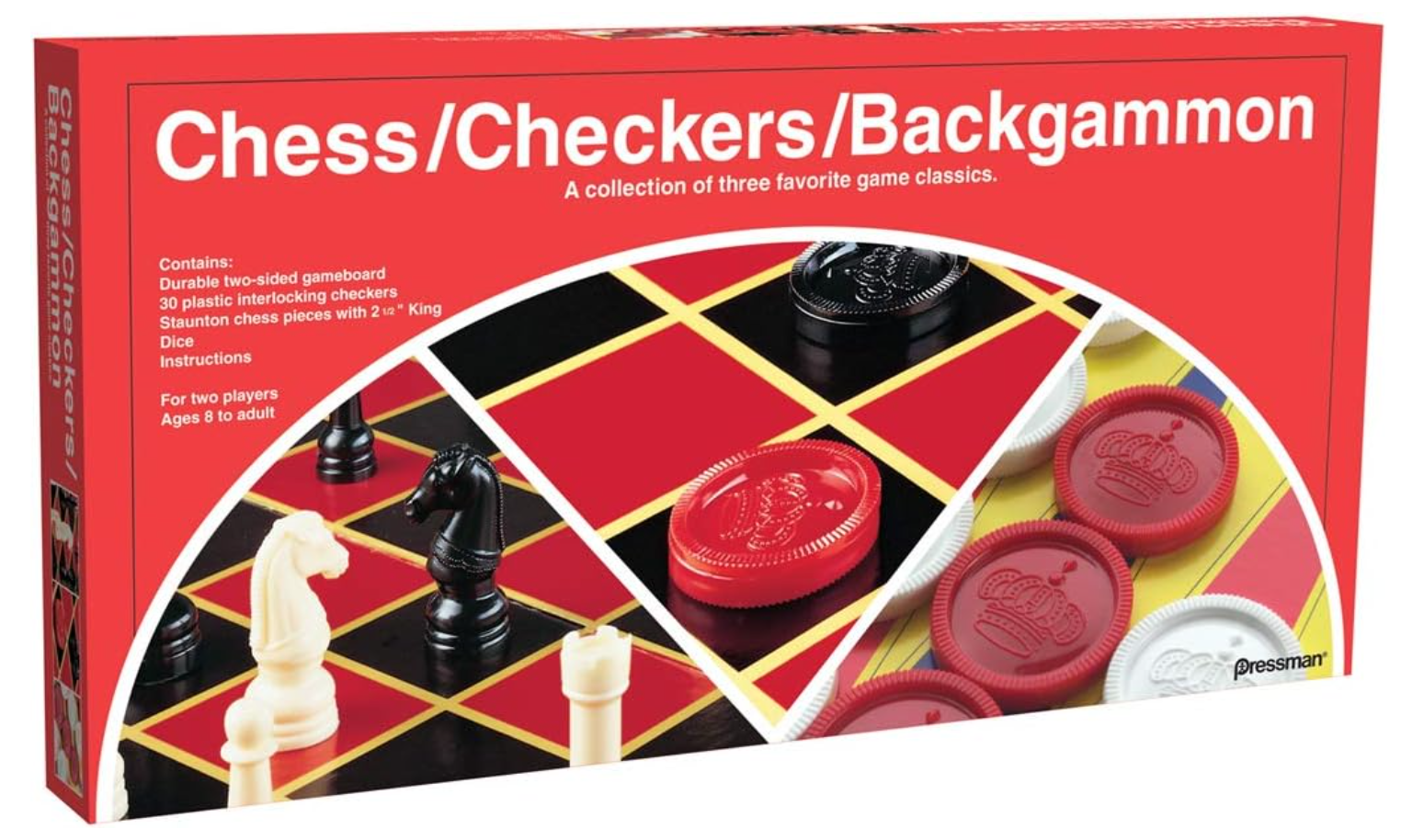
Academic Relevance: Critical Thinking, Strategic Thinking and Planning
In the classroom, both chess and checkers serve as valuable educational tools that promote critical thinking, strategic planning, and problem-solving skills. Chess encourages students to plan ahead and make strategic decisions, enhancing their cognitive development while reinforcing mathematical concepts like geometry and pattern recognition. The game also fosters patience and concentration, positively impacting students' focus. Teachers can utilize chess through tournaments or group play to create a supportive environment that encourages healthy competition and teamwork. Similarly, checkers helps students develop strategic thinking as they make tactical moves to capture opponents' pieces, reinforcing concepts such as pattern recognition and counting. The game also promotes good sportsmanship and ethical conduct, allowing students to navigate wins and losses with respect. By integrating both games into the curriculum, educators can foster collaboration and social development, making these classic games invaluable resources for teaching.
Bonus Game: Backgammon offers significant educational value by enhancing critical thinking and strategic decision-making skills. Players must anticipate their opponent's moves and devise effective strategies to outmaneuver them, promoting cognitive development and analytical reasoning. The game also reinforces mathematical concepts such as probability and risk assessment, as players calculate the odds of rolling specific dice combinations.
Battleship Classic Board Game:

Academic Relevance: Critical Thinking and Spatial Reasoning
In the classroom, using Battleship can boost students' critical thinking and deductive reasoning. It's a practical way for them to improve their skills in coordinate graphing, where each square on the grid has its own special location. While playing, students practice effective communication and precision as they share coordinates and react to their opponents' guesses. Battleship is a great tool for teaching probability, helping students make smart choices based on the chances of finding an opponent's ship in a specific spot. You can organize classroom tournaments or have students play Battleship in teams, encouraging teamwork and collaboration for an active and engaging learning atmosphere.
Scrabble Board Game:
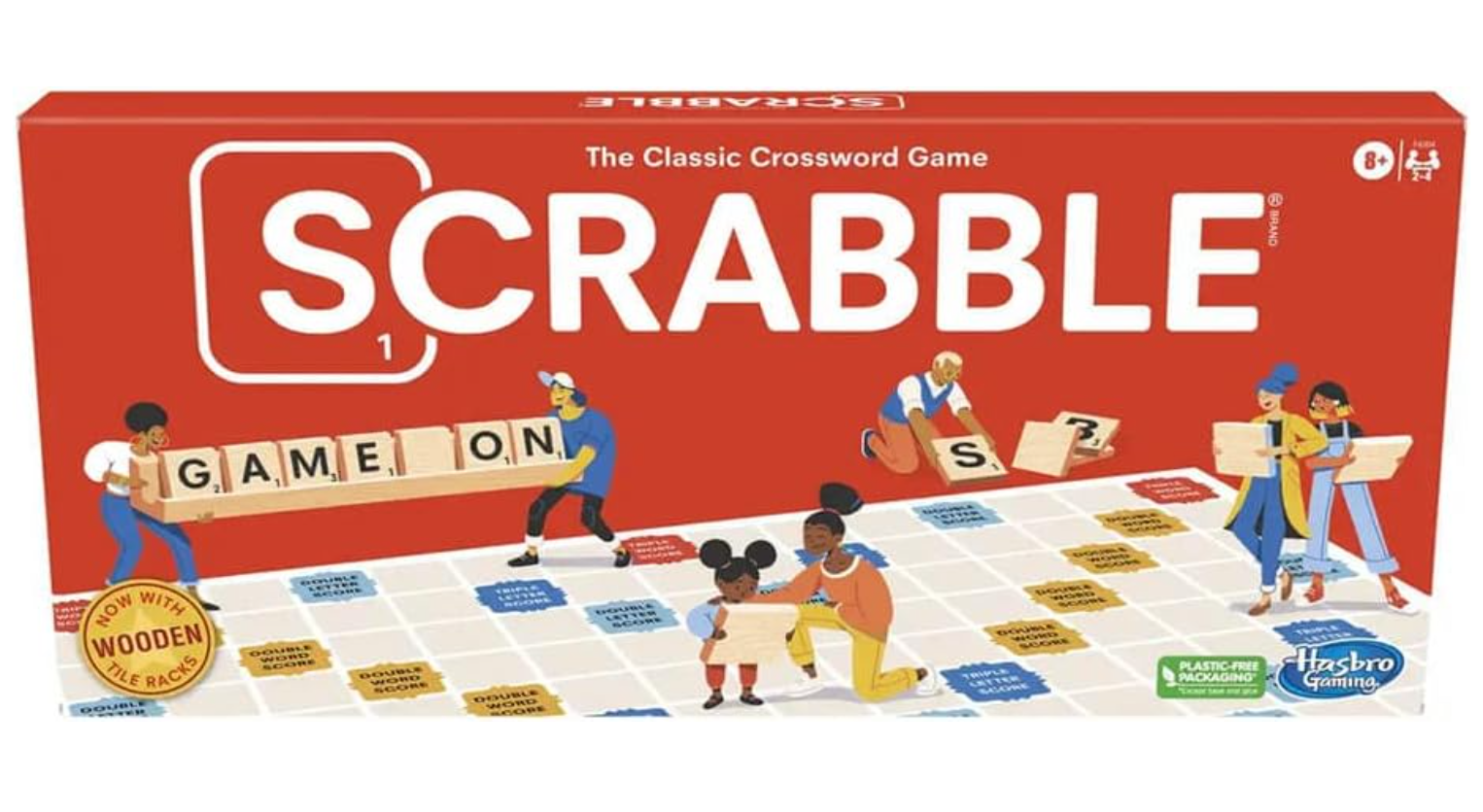
Academic Relevance: Vocabulary and Spelling
Scrabble is a versatile and educational game that can be effectively used in the classroom to enhance language and literacy skills. Students benefit from practicing spelling, vocabulary, and strategic thinking as they create words on the board. Teachers can incorporate Scrabble into the curriculum by aligning it with language arts lessons, encouraging students to use specific vocabulary words related to the current unit of study. For example, in a science class, students could play Scrabble with a focus on scientific terms, reinforcing both language skills and subject-specific knowledge. This adaptable game provides an enjoyable way to reinforce key concepts while fostering a love for language and learning.
As you integrate these classic board games into your classroom, you're not just offering entertainment – you're providing tools for academic growth. From enhancing critical thinking to boosting language skills, these games bring a world of academic benefits to your students, making learning a delightful and interactive experience. Let the games begin!
